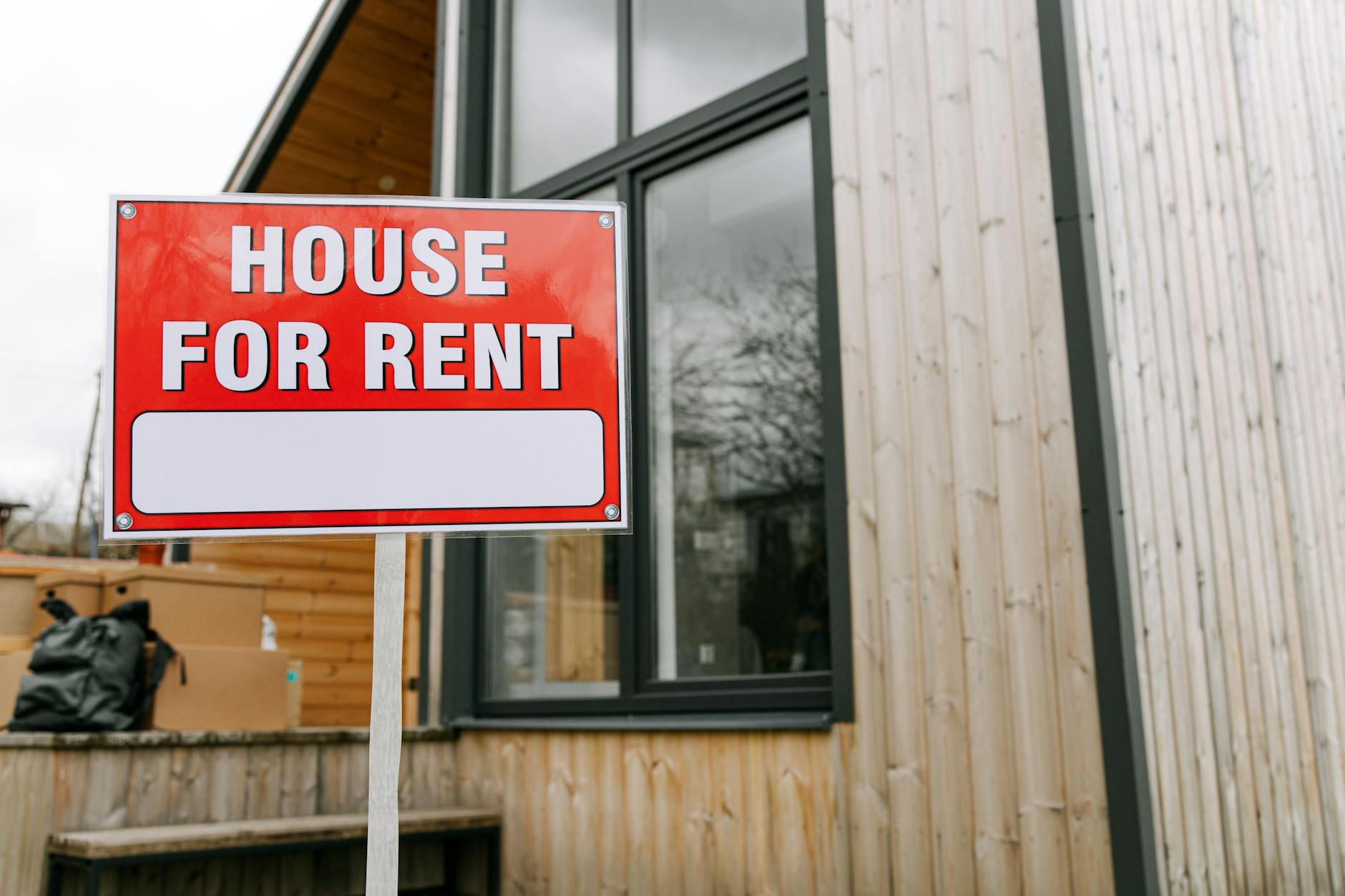Effective Strategies for Section 8 Tenant Applications and Landlord Support
Effective strategies for Section 8 tenant applications and landlord support are essential for creating a smooth and mutually beneficial housing experience. The Section 8 program, which provides housing vouchers to low-income tenants, involves several steps for both applicants and landlords. Successfully navigating this process requires understanding the application requirements, communication between tenants and landlords, and compliance with Housing Authority guidelines. Additionally, landlords must be aware of their rights and responsibilities while supporting tenants to maintain a positive rental experience. This article explores practical strategies for prospective tenants applying for Section 8 housing and landlords who want to attract and retain voucher holders, ensuring a streamlined application process and lasting landlord-tenant relationships.
Understanding the Section 8 application process
For tenants, the Section 8 application process begins with meeting income eligibility and local Housing Authority requirements. Applicants need to submit detailed documentation, including proof of income, family size, and residency status. One effective strategy is ensuring that all paperwork is accurate and complete before submission to avoid delays. Many Housing Authorities also maintain waiting lists, so applicants should check their status regularly and update any changes promptly.
Landlords benefit by understanding the application timelines and tenant screening procedures, which helps in preparing rental units and aligning with voucher stipulations. Keeping open communication channels with Housing Authority representatives makes clarifying application approvals and inspections smoother, reducing turnaround times.
Preparing your rental property for Section 8 compliance
Landlords must ensure their properties meet the Housing Quality Standards (HQS) mandated by the program. This includes safety features, habitability, and sanitation. Attention to detail during inspections can prevent costly delays or rejections.
A checklist that many landlords find useful includes:
- Working plumbing and electrical systems
- Proper heating and ventilation
- No lead-based paint hazards (for older buildings)
- Safe windows and doors
- Clean and well-maintained living areas
Preparing the unit ahead of time improves chances of approval and shows professionalism to tenants and authorities alike.
Effective communication between tenants, landlords, and Housing Authorities
Maintaining transparent and timely communication is crucial for preventing misunderstandings. Tenants should notify landlords early about their Section 8 status and provide necessary documentation promptly. Landlords, in turn, should offer clear guidance about lease terms, voucher usage, and repair requests.
Housing Authorities serve as a mediator and can resolve disputes or clarify policies. Therefore, all parties should keep detailed records and document interactions, which helps streamline lease renewals and inspections.
Supporting tenants to ensure long-term success
Once tenants are housed, continued landlord support can make a significant difference in maintaining tenancy and avoiding turnover. Strategies include:
- Responding swiftly to maintenance requests
- Providing clear instructions about rent payments, including voucher adjustments
- Encouraging tenants to notify any changes in income or family status that may affect their voucher eligibility
- Respecting privacy and fostering a positive rental environment
Supportive landlords often experience fewer vacancies and more timely payments, which benefits everyone involved.
| Strategy | Benefit | Target Audience |
|---|---|---|
| Complete and accurate application | Speeds up approval process | Tenants |
| Pre-inspection property checklist | Ensures compliance with HQS | Landlords |
| Clear communication protocols | Reduces conflicts and misunderstandings | All parties |
| Prompt maintenance support | Improves tenant retention | Landlords |
Conclusion
Successfully navigating the Section 8 tenant application and landlord support process requires preparation, clear communication, and continuous cooperation. Tenants increase their chances of approval by submitting thorough applications and maintaining updated information with Housing Authorities. Landlords who prepare their properties according to Housing Quality Standards and engage in open dialogue with tenants and authorities create a positive environment that supports long-term tenancy. Additionally, offering attentive maintenance and clear guidance helps landlords retain voucher holders and ensures consistent rental income. By applying these strategies collectively, both landlords and Section 8 tenants can foster stable, compliant, and supportive rental experiences that benefit the community and promote affordable housing opportunities.
Image by: Ivan Samkov
https://www.pexels.com/@ivan-samkov
editor's pick
latest video
news via inbox
Nulla turp dis cursus. Integer liberos euismod pretium faucibua

